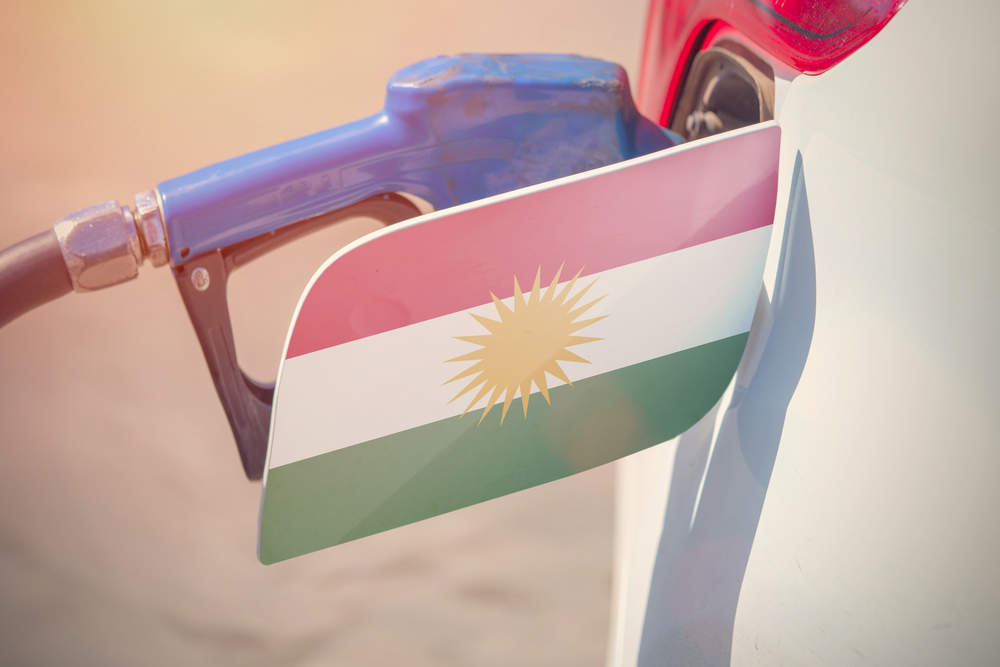
The Kurdistan region was once considered to be the last great frontier in the petroleum industry, however, a series of setbacks have reduced its appeal.
Challenges in the region range from political disputes with the Baghdad Central Government to complex geology, which led to substantial write downs of reserves at multiple fields in the area.
Though such issues have slowed oil production growth, current 2020 forecasts estimate an increase of 38 percent from today’s production rate.
The acquisition of Western Zagros Resources by Crest Energy and its wholly owned affiliate WZG Acquisition has put the spotlight back on Kurdistan.
The Western Zagros transaction could be indicative of the diminishing challenges and improving environment in Kurdistan and the growth potential of gas assets.
Despite substantial write downs in reserves at both the Taq Taq field in 2016 and 2017, and the Akri-bijeel field in 2015, other fields in the region have experienced significant growth.
How well do you really know your competitors?
Access the most comprehensive Company Profiles on the market, powered by GlobalData. Save hours of research. Gain competitive edge.

Thank you!
Your download email will arrive shortly
Not ready to buy yet? Download a free sample
We are confident about the unique quality of our Company Profiles. However, we want you to make the most beneficial decision for your business, so we offer a free sample that you can download by submitting the below form
By GlobalDataOther positive factors include improved Brent crude oil prices (which Kurdish oil is discounted to) leading to improved netbacks, the diminishing effect of Daesh and steady consecutive payments by the Kurdistan government to licensees.
The evolving gas contract structure set out by the Kurdistan government may also present further upside for the region’s hydrocarbons.
As per the new contract design, the costly expense of developing and operating midstream infrastructure falls to a third party. The contract also boasts a zero percent royalty on raw gas and 100 percent cost recovery ceiling.
An analysis of companies with activities in Kurdistan reflects a contrasting view on the outlook of the Kurdish upstream sector and ability to navigate its associated risks.
The companies with deep pipelines of announced pre-final investment declaration projects, have great prospects of benefit.
These projects are yet to be sanctioned for development, however, have the potential to be commercial within the next 10 years.
Should Kurdistan continue on its path of stability and geologic successes it is not difficult to see why the hydrocarbons would be highly valued, but the region’s volatile financial and geological challenges are keeping investors on high alert.



